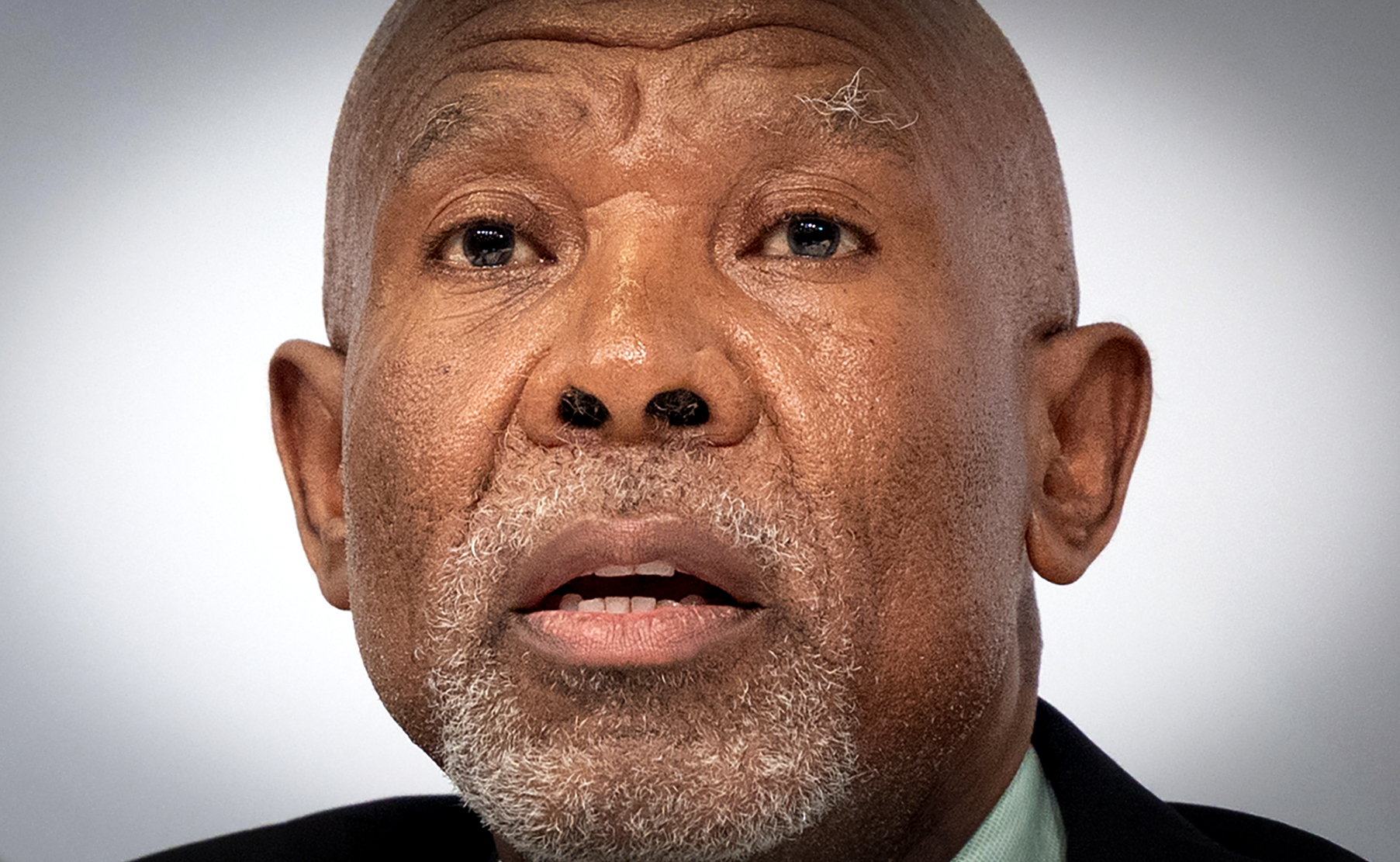South African Reserve Bank (SARB) governor Lesetja Kganyago has strongly defended the relevance of the Group of Twenty (G20) as the “premier forum for international economic cooperation” despite mounting challenges, including the conspicuous absence of US President Donald Trump from recent proceedings.
In a candid keynote address at the Brookings Institution in Washington DC on Tuesday, Lesetja Kganyago – speaking while South Africa holds the G20 presidency – acknowledged the forum’s diminishing effectiveness since its pivotal role during the global financial crisis but remained optimistic about its future.
“When we say that the G20’s relevance is fading, I think we mean that the agenda, always rich in topics, is overloaded and too complex,” Kganyago told the think tank audience.
His remarks come as global economic governance is at a crossroads. While not explicitly mentioning the Trump administration in his address, the timing of his words speaks volumes. Since returning to office in January the US president has shown little interest in multilateral forums like the G20, preferring bilateral negotiations that align with his “America First” approach.
The SARB governor highlighted how the G20 “functions best in a global crisis” when “minds are focused and participants move quickly”. This observation takes on particular significance against the backdrop of American disengagement from the forum that once coordinated the global response to the 2008 financial crisis.
Decisive in a crisis
Kganyago credited the G20’s historical success to its inclusive membership and manageable size, saying these characteristics allowed for decisive action during past crises, including global regulatory reforms that strengthened the financial system and coordinated responses during the Covid-19 pandemic.
There was also no shying away from identifying fundamental issues plaguing the G20, notably its “overloaded and unfocused agenda”. He observed that each new presidency tends to add more items than are removed, burdening the institution with problems beyond its scope.
“It does not follow that, just because something is important, it should be on the G20’s agenda. There are many important issues for which the G20 is not the right forum.”
He also highlighted procedural inefficiencies that have hampered the forum’s effectiveness. “In addition to the G20’s 21 members we also have a roster of invited countries and many international organisations. Counting these invited participants, we had a total of 52 countries and institutions at our recent finance ministers and central bank governors meeting in Cape Town,” he noted, explaining that such large gatherings make “spontaneous conversations and robust debates” challenging.
Compound challenges
These operational challenges are compounded when major powers like the US send lower-level representatives or engage minimally in proceedings – a pattern that has become increasingly apparent in recent months.
To address these structural weaknesses Kganyago proposed several reforms. He advocated for “shorter statements, written in plain language” to replace lengthy communiqués, and suggested a more intentional approach to selecting discussion topics. “Narrowing the G20’s scope might make for more focused discussions that say something more meaningful about the top two or three priorities chosen each year,” he argued.
Permanent secretariat
There was also the possibility of establishing a permanent G20 secretariat to retain institutional knowledge beyond the annual rotating presidency. “I cannot say I’m convinced a secretariat for each standalone track is a good idea, but maybe it is better than what we have now,” he mused, acknowledging the potential complications.
What makes Kganyago’s defence of the G20 particularly notable is that it comes during South Africa’s presidency of the forum – a position that carries prestige and responsibility. His frank assessment suggests a determination to address the G20’s shortcomings rather than simply glossing over them during South Africa’s tenure.
A time for reinvigoration
Despite these challenges, Kganyago concluded his address by reaffirming the G20’s importance. While he acknowledged that global cooperation is inherently difficult, he emphasised that “the alternatives are worse”. He expressed optimism that, with “concerted effort”, the G20 could return to its “previous levels of excellence” – though the path forward remains uncertain in an era of resurgent nationalism and unilateralism.
As the international community navigates this period of geopolitical flux, Kganyago’s call for reform and focus may represent one of the last best hopes for reinvigorating a forum increasingly challenged by the changing priorities of its most powerful members. DM





